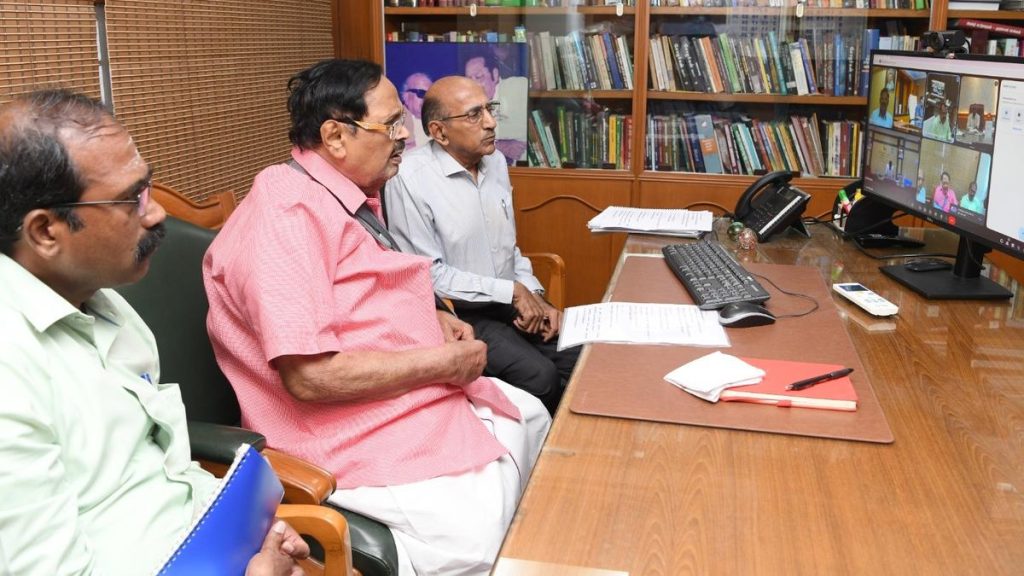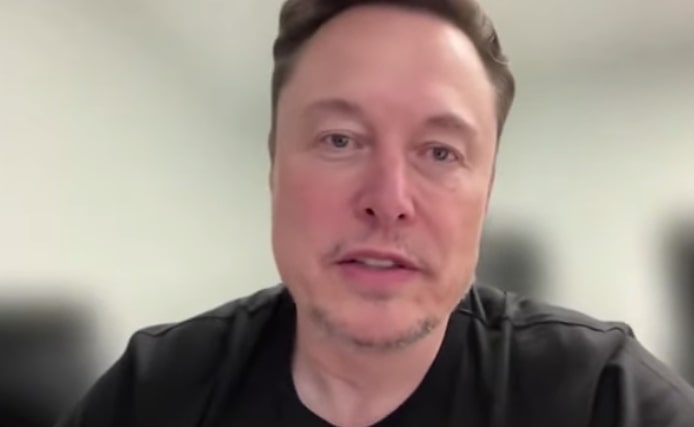Now Reading: Superintelligence: Predictions Point to 2026 or 2032
-
01
Superintelligence: Predictions Point to 2026 or 2032
Superintelligence: Predictions Point to 2026 or 2032

Quick Summary
- AI experts disagree on the timeline to achieve superintelligence, with estimates ranging from 2026-2027 (Elon Musk) to 2032 or 2045.
- Challenges in developing continual learning mechanisms for AI remain a meaningful obstacle, as large language models (LLMs) currently do not improve in response to high-level feedback like humans.
- Dwarkesh Patel points out potential compute scaling developments that could accelerate progress by leveraging advancements in ASIC chips and higher efficiency methodologies.
- Patel is bearish on short-term transformative AI but optimistic about long-term advancements,especially once continuous learning capabilities are achieved,potentially leading toward intelligence explosion scenarios.
- MIT researchers introduce Self-adapting Language models (SEALs),capable of self-directed adaptation through persistent weight updates via reinforcement learning,a promising step for LLM evolution.
- Researchers envision reliable computer-use agents that can perform complex tasks such as managing taxes end-to-end with minimal user input, possibly achievable by late next year.
Indian Opinion Analysis
The ongoing debate over timelines for superintelligence reflects the uncertainties surrounding cutting-edge advances in artificial intelligence. India-a growing technology hub-should pay close attention to global breakthroughs like SEALs and compute scaling techniques discussed here. With its expanding digital infrastructure and talent pool, india is uniquely positioned to collaborate or lead initiatives exploring challenges such as continual learning in AI systems while ensuring ethical deployment.
Moreover,the envisioned ability of future AIs to seamlessly integrate into everyday jobs highlights how transformative these technologies could be across India’s economy-from automating logistical back-office functions to unlocking efficiencies across industries. Policymakers must prepare frameworks fostering innovation while mitigating risks involved with widespread economic reliance on AI intelligence explosions.
This article reiterates an important principle: advancement in essential mechanisms like continual learning will mark a qualitative leap rather than incremental development. For Indian stakeholders-from entrepreneurs to public regulators-the focus should remain investing and regulating responsibly within this rapidly evolving domain.




























